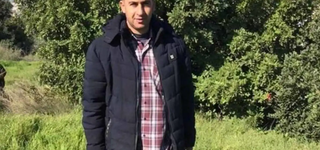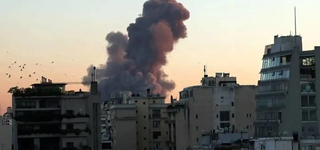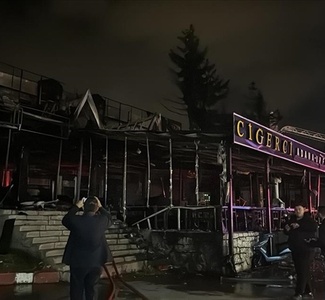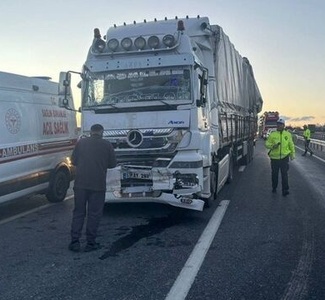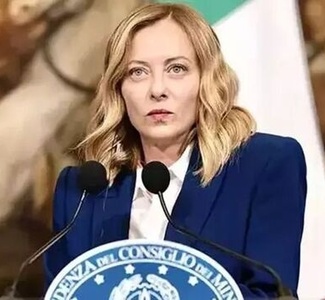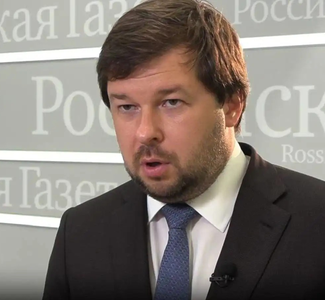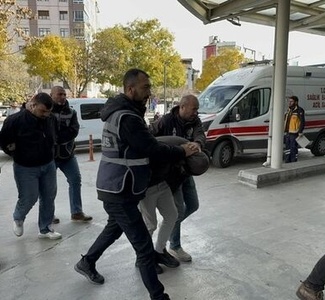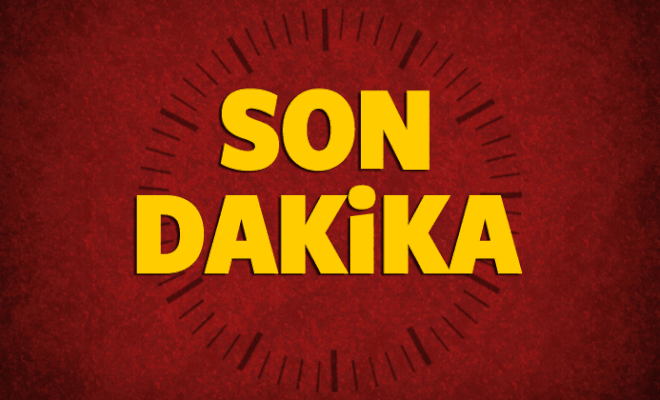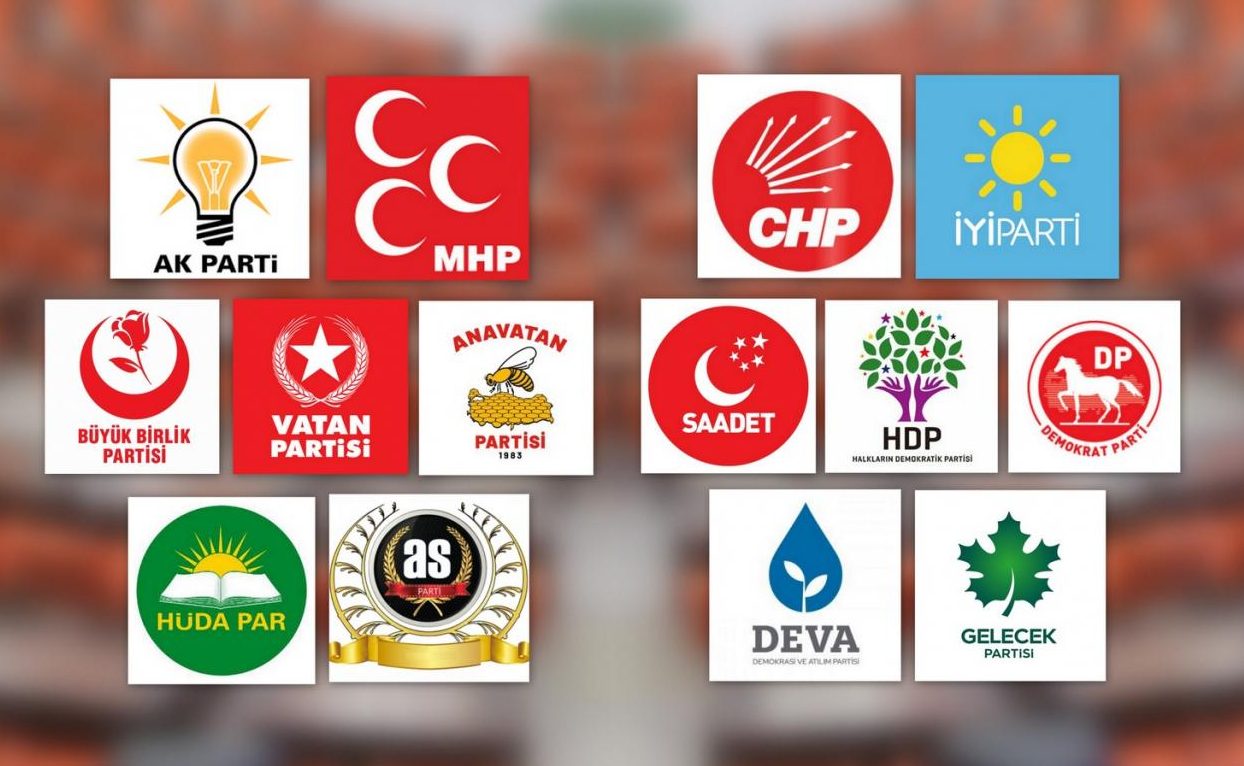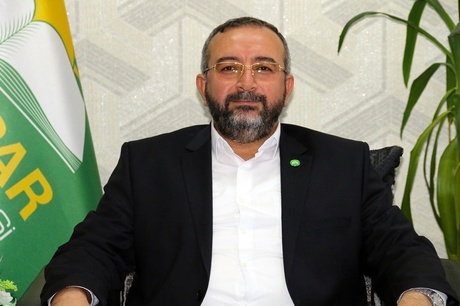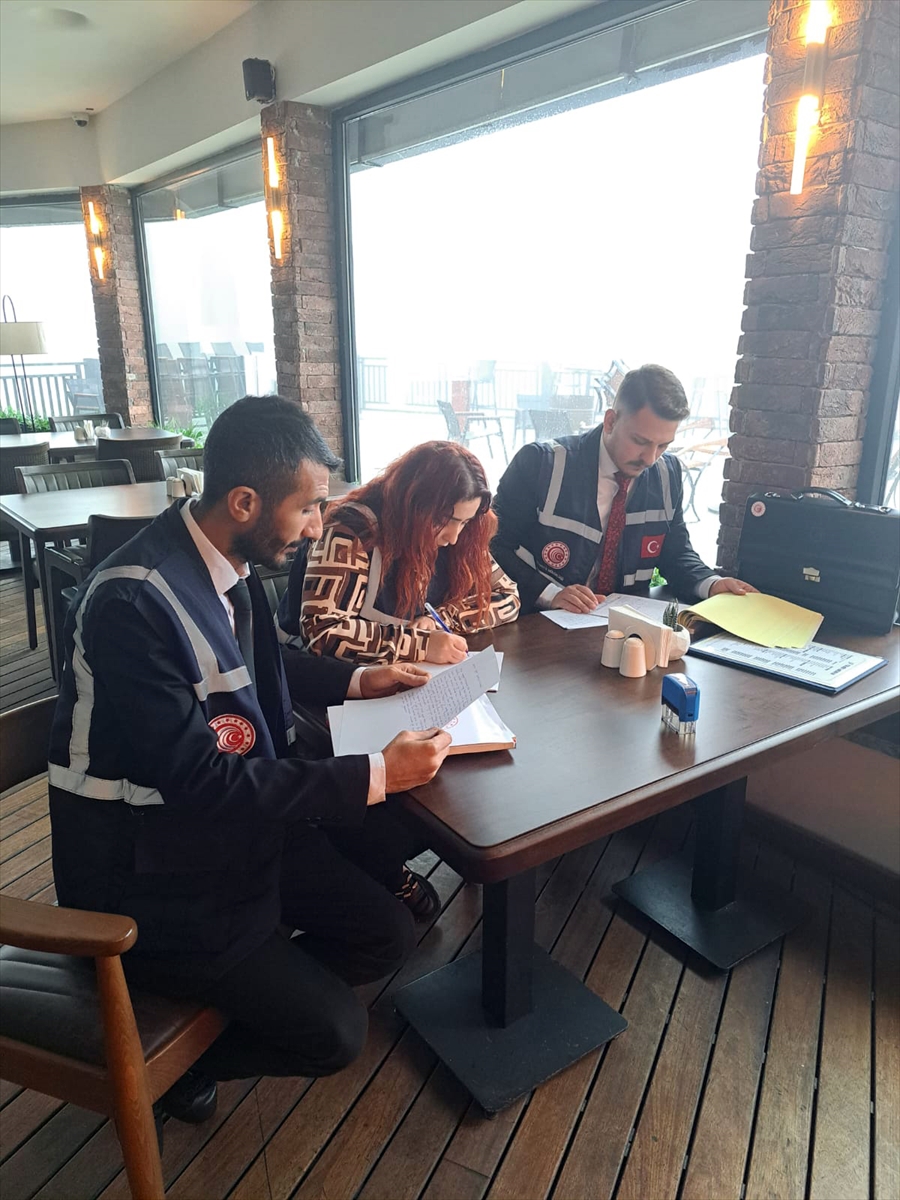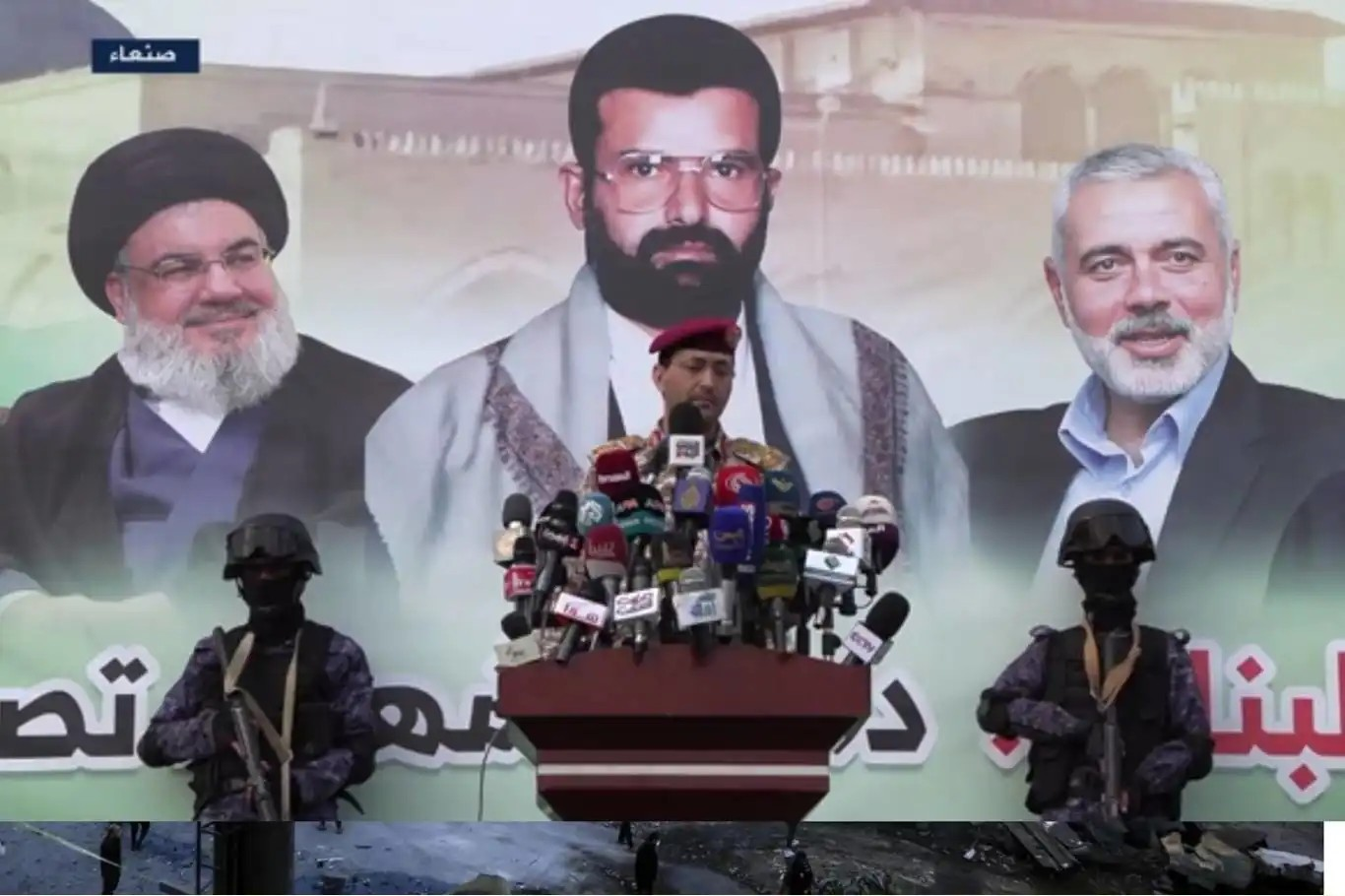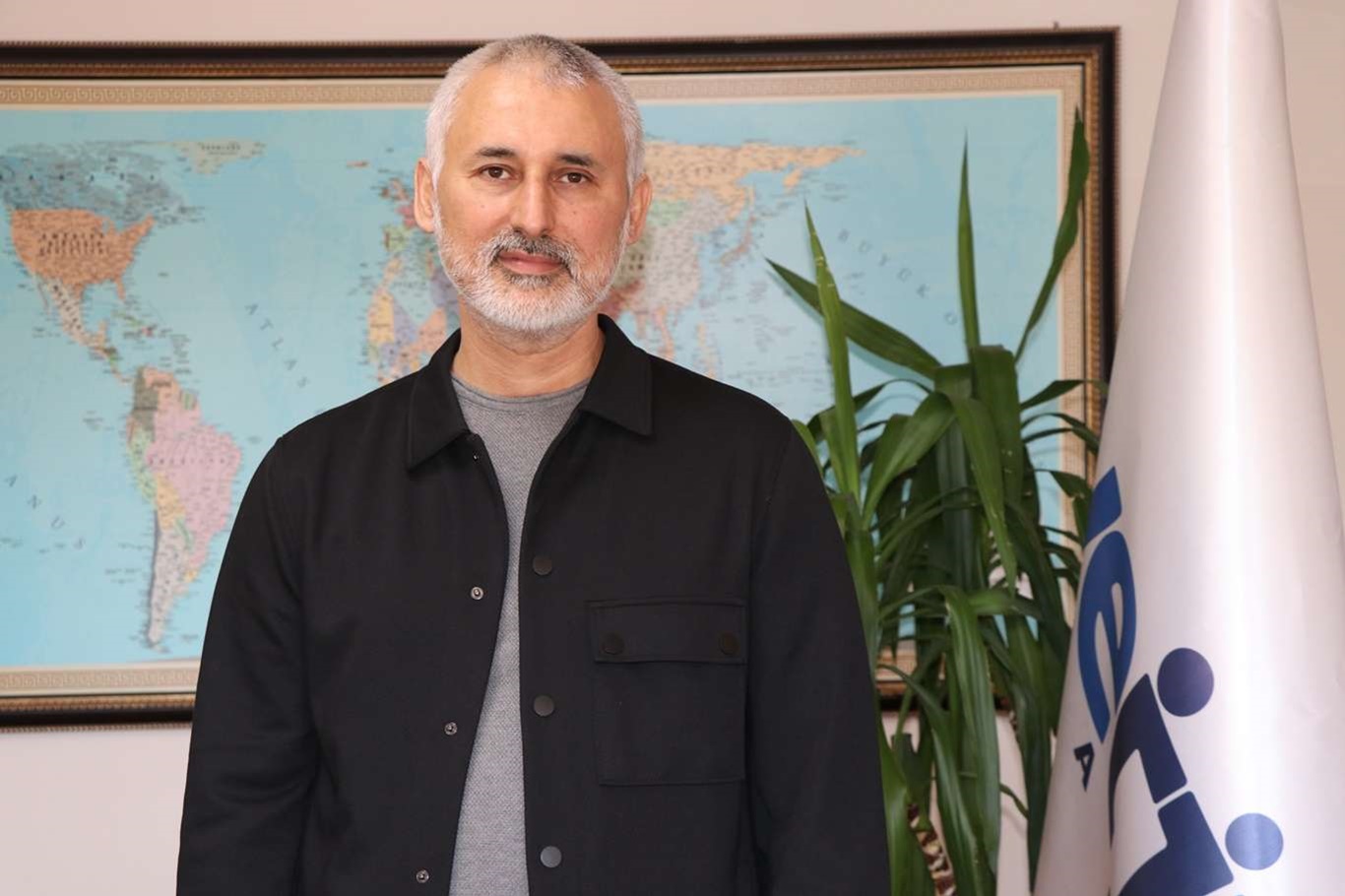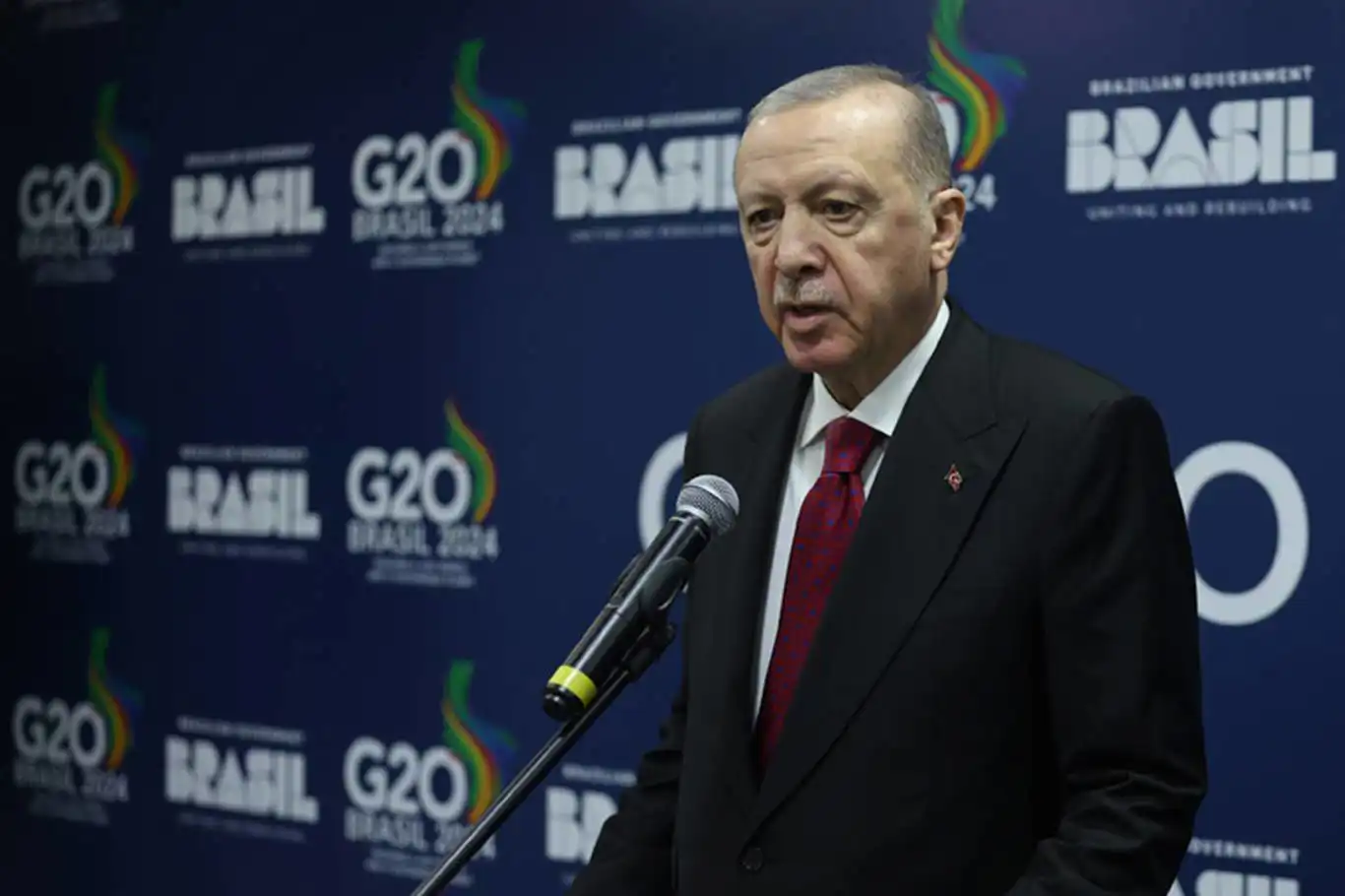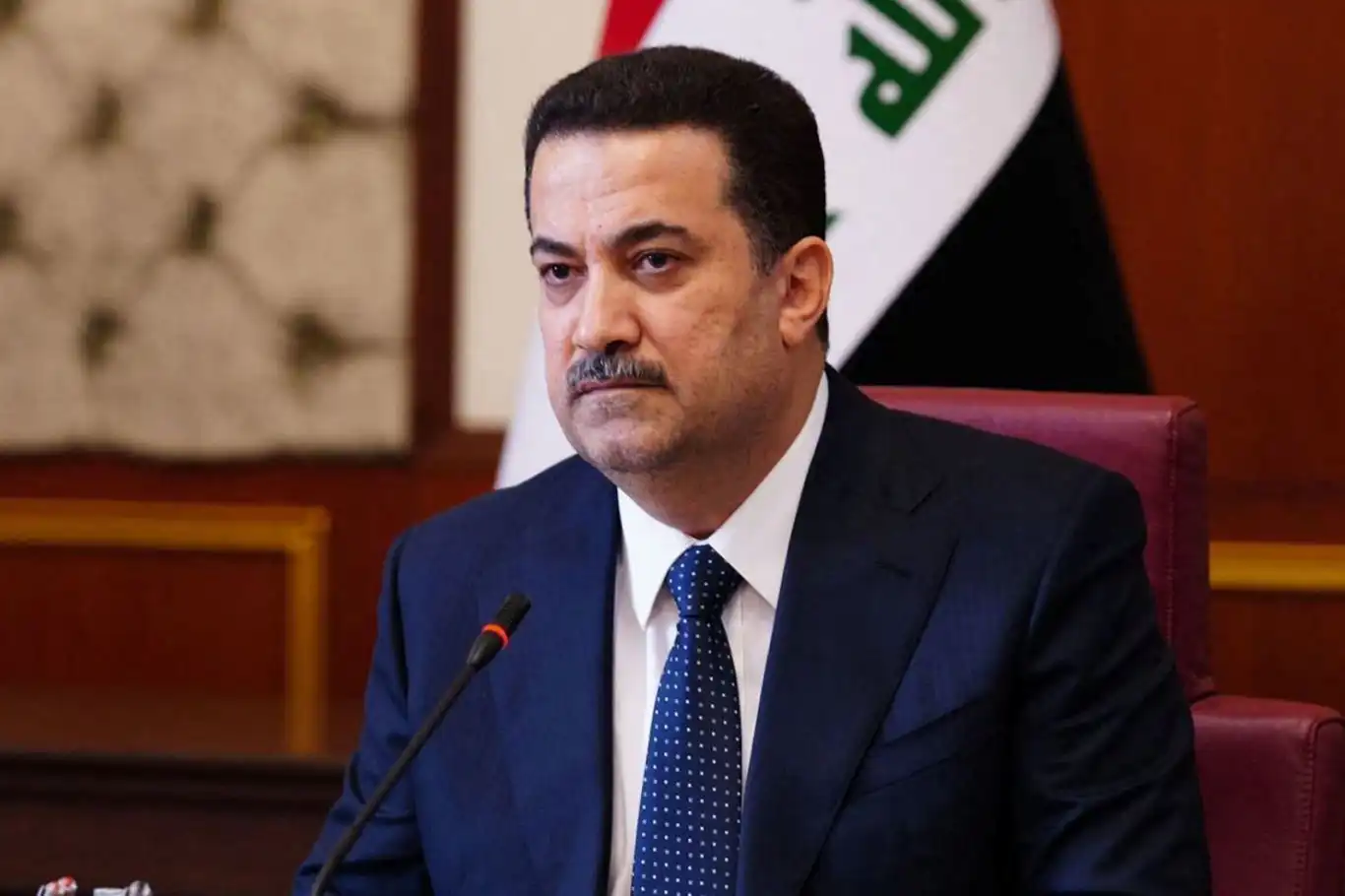Risk of nuclear weapons use higher than at any time since Cold War, U.N. disarmament chief warns
Russia’s recent announcement of plans to station non-strategic nuclear weapons in Belarus represents the first “nuclear sharing” agreement made since the Treaty on the Non-Proliferation of Nuclear Weapons entered into force in 1970, the senior United Nations disarmament official told the Security Council.

 Google News'te Doğruhaber'e abone olun.
Google News'te Doğruhaber'e abone olun. Izumi Nakamitsu, Under-Secretary-General and High Representative for Disarmament Affairs, reported that on 25 March, Moscow announced its agreement with Minsk to station its non-strategic nuclear weapons in Belarus. “I wish to be clear at the outset — all States must avoid taking any actions that could lead to escalation, mistake or miscalculation,” she stressed, adding that all States parties must strictly adhere to their obligations under the landmark Treaty on the Non-Proliferation of Nuclear Weapons, which is also known as the Non-Proliferation Treaty.
While the issue of the hosting by a non-nuclear-weapon State of a nuclear-weapon State’s nuclear arms is one that has existed for decades, she said all such arrangements predate the Non-Proliferation Treaty — “with the exception of the recent announcement [by the Russian Federation]”. Stressing that the risk of a nuclear weapon being used is currently higher than at any time since the depths of the cold war, she said the war in Ukraine represents “the most acute example of that risk”. The absence of dialogue and the erosion of the disarmament and arms control architecture, combined with dangerous rhetoric and veiled threats, are key drivers of this potentially existential risk, she added.
As Council members took the floor, the representative of the United States described the Russian Federation’s suggestion that its intention to deploy nuclear weapons in Belarus is somehow justified as “ludicrous”. The 25 March announcement was not about nuclear burden-sharing, as some have claimed, and there is no credible reason for Moscow to station nuclear weapons in Belarus. Rather, he stressed that “the Kremlin is attempting to manipulate the spectre of nuclear conflict to help win its illegal war against Ukraine, while it further tramples on the UN Charter”. He called on Moscow to cease its war of aggression against Ukraine and on the regime of Belarus President Aleksandr Lukashenko to cease its complicity.
Albania’s representative said that the latest provocative announcement by the Russian Federation that it plans to transfer tactical nuclear weapons to another country would, at any time, be troubling news; however, in the context of that country’s war of aggression against Ukraine, it is “a clear and irresponsible threat”. Emphasizing Moscow’s lack of respect for international commitments, he turned to Belarus’ role in recent developments, noting that its citizens will judge whether the change in its nuclear policy will make them more secure or “just turn their country into a nuclear hostage, becoming more and more a Russian appendix”.
The representative of Japan joined other speakers in condemning Russian Federation President Vladimir Putin’s recent announcement, adding that Moscow is abusing its status as a nuclear-weapons State with its irresponsible rhetoric. As the only country that has ever suffered atomic bombings during war, Japan is strongly committed to leading international efforts towards a world without nuclear weapons. “The record of 77 years of non-use of nuclear weapons must not be broken by Russia,” he stressed, calling on all Member States to renew their commitment to the global disarmament and non-proliferation regime.
Ukraine’s representative said the movement of nuclear weapons to Belarussian soil is a matter of concern for the entire international community. Noting that “nuclear blackmail” is a tool the Russian Federation has exploited since the start of the war — along with threats of attacks at nuclear power facilities — he said that, in contrast, Ukraine has always been a responsible member of the international community, having fully abandoned the world’s third-largest nuclear arsenal. By its recent actions, the Russian Federation is indicating once again that it regards nuclear weapons as tools of threats and intimidation, not deterrence, he said, declaring: “The Kremlin is ready to threaten the world with nuclear apocalypse.”
Meanwhile, the representative of the Russian Federation said recent years have seen a severe erosion of the global security architecture and noted efforts by the United States and its allies — “those that proclaim themselves victors in the cold war” — to systematically dismantle key arms-control agreements and confidence-building structures. Also citing the United States decisions over recent years to withdraw from several strategic security agreements, he said President Putin has made clear that Moscow is not transferring nuclear weapons. Rather, “we are talking about” the transfer of tactical missile systems, the retrofitting of Belarusian aircraft, the training of teams and the construction of a storage facility for tactical nuclear weapons in Belarus, he said.
Striking a similar tone, the delegate of Belarus said his country has been a consistent advocate for nuclear disarmament, recalling its conscious choice in 1993 to renounce nuclear weapons and join the Non-Proliferation Treaty — making it the first post-Soviet State to refuse the possession of such arms without preconditions. Citing trade and banking bans, as well as other restrictions, recently imposed on his country by some other States — a “direct, gross interference” into its domestic affairs — he said Belarus is taking actions to shore up its own defensive capacity, in line with international law, in response to legitimate security concerns.
The representative of Brazil said nuclear disarmament seems to have gone into reverse since the 2020 Non-Proliferation Treaty Review Conference. All nuclear-weapons States are upgrading their arsenals, either quantitatively or qualitatively, or both. Brazil has long maintained that any nuclear sharing arrangement is inconsistent with Articles I and II of the Non-Proliferation Treaty, he stressed, voicing concern about any such arrangements — including those by North Atlantic Treaty Organization (NATO) countries — and emphasized that “two wrongs do not make a right”.
Also speaking today were the representatives of Switzerland, Gabon, China, Malta, United Kingdom, Ghana, Ecuador, United Arab Emirates, France, Mozambique, Poland and Estonia (speaking also on behalf of Latvia and Lithuania).
The representative of the European Union, in its capacity as observer, also participated. (ILKHA)






























